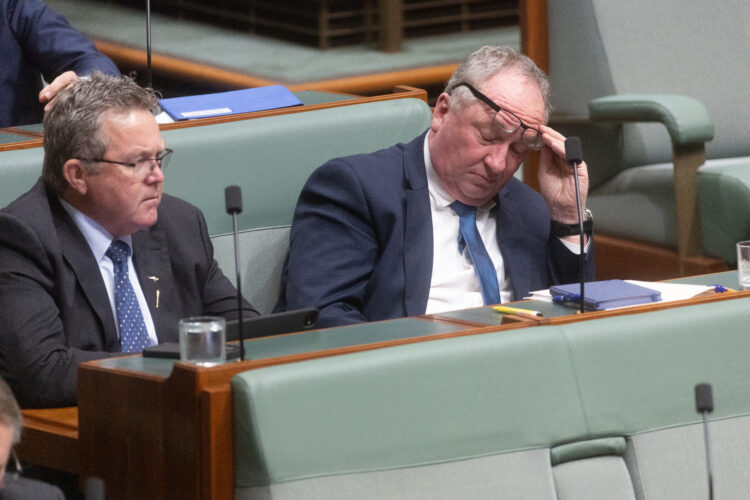Question time begins
We are straight into it today.
Sussan Ley opens on aged care:
In much 2022 there was 60,000 Australians on the homecare package waitlist. The now Health Minister said that waitlist was “a national disgrace”. But, Prime Minister, under Labor the homecare package waitlist has skyrocketed, with more than 87,000 Australians now waiting. If a waitlist of 60,000 was a national disgrace, what words describe Labor’s crisis of more than 87,000 today?
Anthony Albanese:
I will ask the Minister to supplement, but can I say this, we introduced and passed through this parliament on a bipartisan basis the most significant reforms to aged care this century. We did that just last year and we did that after a royal commission described aged care in one word in its interim report, and that one word was “Neglect”. In one word. When we went to the 2022 election than we would put the nurses back in to a nursing home we were mocked by those opposite. Today 99% of the time there is a nurse in an aged care facility.
Mark Butler then steps up:
Over the last five years we have as a country pretty much doubled the number of homecare packages in the system from about 150,000 to little more than 300,000 and we will need to continue increasing as homecare package numbers vary significantly for really as long as any of us are in this parliament.
Because the oldest of the baby boomers, we know, are hitting the age of entry to the homecare package system and will hit the average age of entry into the residential ecosystem, which is why we particularly under the leadership of former minister wills in this area had to compress pretty much a decade of reform into just three years. Not helped of course, by the budget cuts that the Opposition Leader initiated as the Minister for Aged Care hrough the 2016 MYEFO that actually took money out of aged care, didn’t reform but resounded to general revenue, obviously contributing to the situation that led to the royal commission in the first place


